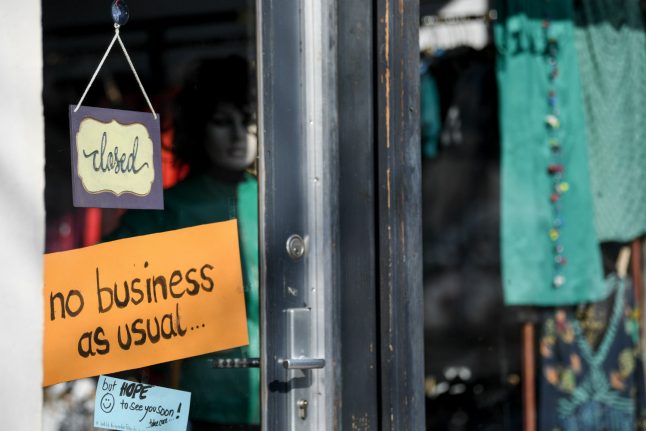The regional economy ministry of Germany's most populous state, in the west of the country, said it had filed a fraud complaint with police following “indications of fake websites that appear prominently in search results”.
The websites mimic the official state site where small business owners can apply for cash handouts between €9,000 and €15,000 after entering personal details including their name, address and tax and bank account numbers.
The cash is aimed at helping people through the current coronavirus pandemic as public life has almost slammed to a halt.
According to early investigations by the police's cyber crime unit, fraudsters have been using the spoof application forms to get hold of data “presumably for criminal purposes”, the ministry said in a statement.
It said it had agreed with police to “stop the payouts for freelancers and small businesses for the time being” while the investigation continues.
But it stressed that small business owners in North Rhine-Westphalia could still apply for aid, taking care to use only the official website: soforthilfe-corona.nrw.de
“We ask those applicants who are currently waiting for their money transfer for understanding and patience,” the ministry added.
The cash handout, which is available nationwide, is part of a massive rescue package by the German government aimed at shielding companies and workers from the fallout of the pandemic.
READ ALSO:
- How can workers and businesses benefit from Germany's new aid package?
- Germany plans €40 billion 'rescue package' for freelancers and small businesses
- How freelancers and small businesses can apply for coronavirus payments in Germany
Like other countries, Germany has closed schools and businesses and confined millions of citizens to their homes in a bid to slow the outbreak.
The measures are battering Europe's top economy, which experts believe will shrink by around five percent this year.



 Please whitelist us to continue reading.
Please whitelist us to continue reading.
Member comments